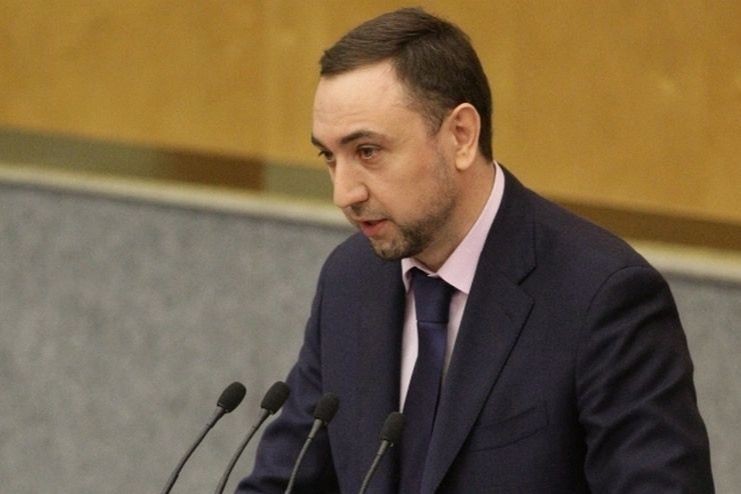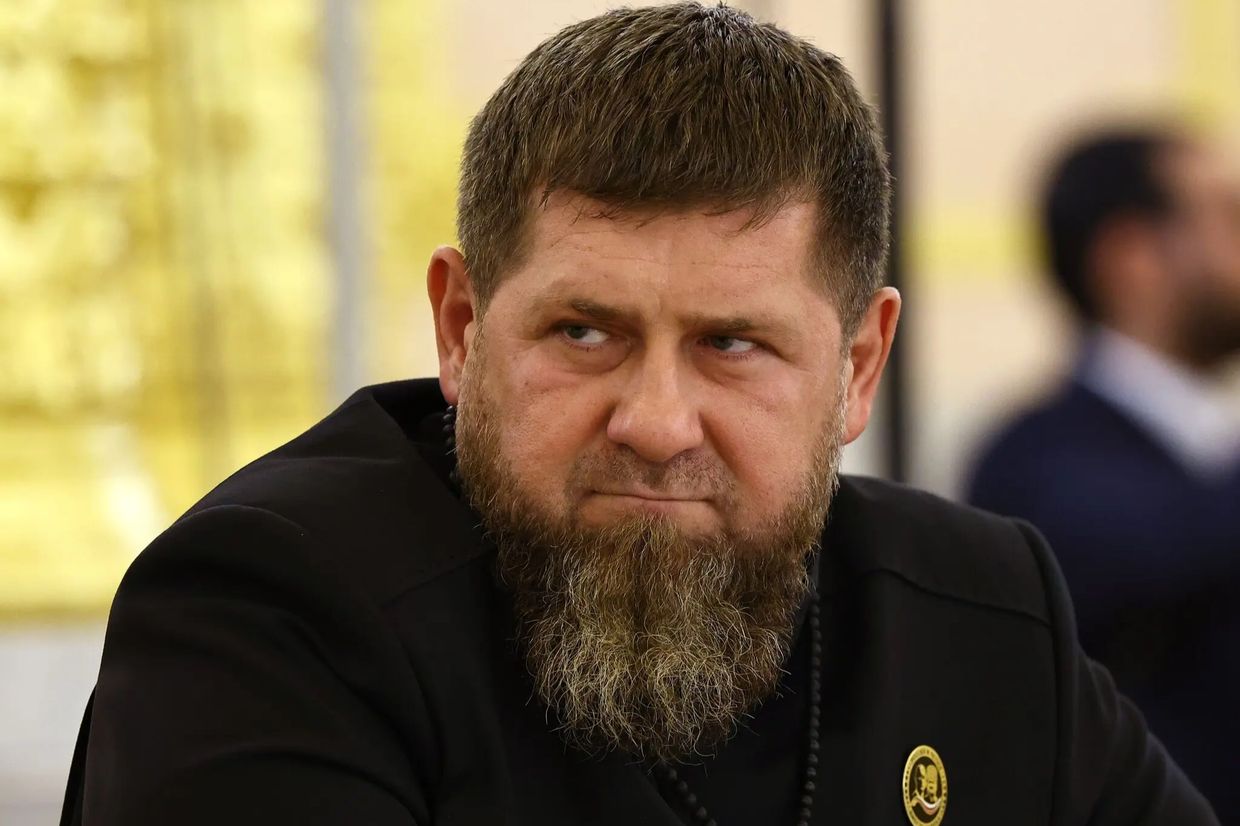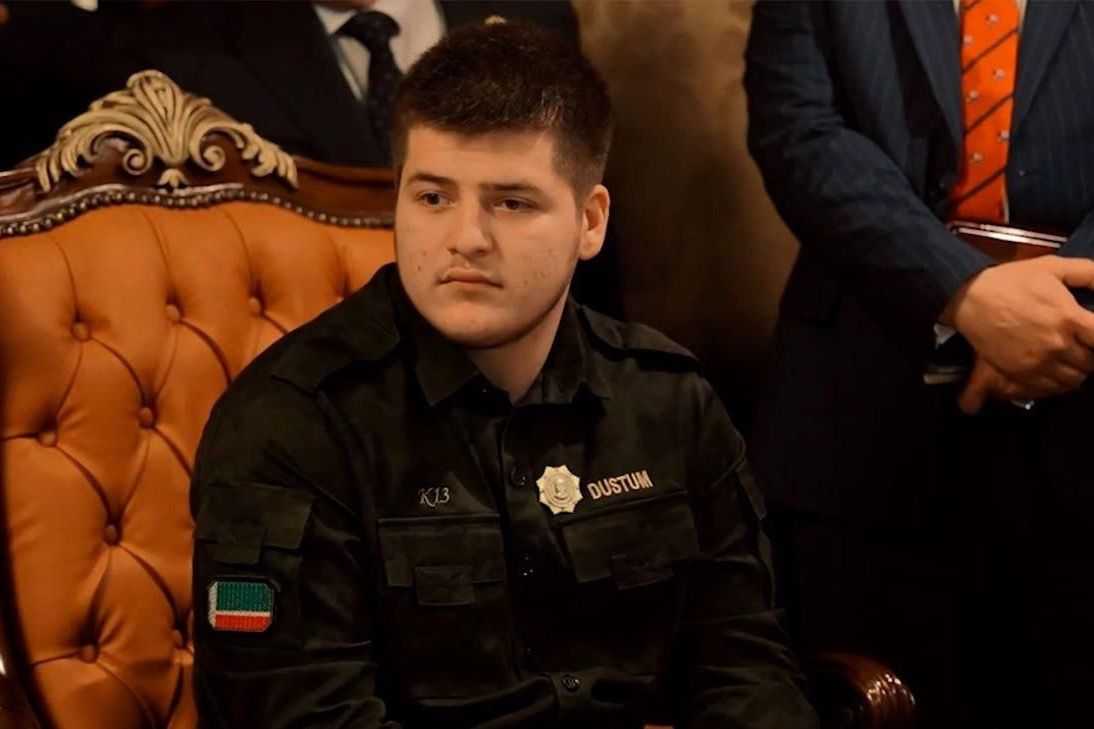
The Russian Parliament has approved in its first reading a bill to rename three settlements in Chechnya. According to the initiative submitted by the Chechen Parliament to the Russian Parliament, Sernovodskoe is to be renamed Sernovodsk, Shelkovskaya — Terek, and Naurskaya — Nevre. Explanatory documents state that the new names reflect geographical features and comply with the norms of the Russian language.
The bill was presented by Shamsail Saraliev, a Russian MP from Chechnya, who noted that the feminine-form toponyms are inconsistent with the status of urban-type settlements.
‘The name Nevre in Chechen translates as north and reflects the geographical location of the town in the northern part of the republic. Terek is directly connected with the settlement’s location on the left bank of the river of the same name. Sernovodsk complies with the rules of the Russian language and fits harmoniously into modern orthography’, he explained.
He added that the Turkic name ‘Naur’, from which the current name Naurskaya derives, means ‘lake, swampy area’. According to him, ‘such a name in terms of meaning today does not correspond to an urban-type settlement with prospects for further development’.
Several Russian deputies were strongly opposed to the bill. The most vocal opponent was MP Vladimir Shamanov, a former commander of the 58th Army that had fought in Chechnya.
‘They propose to rename Cossack villages that have historical names. Not only was the Russian-speaking population first expelled, but now you erase the names as well’, he said in parliament, banging his finger on the microphone. ‘This is the history of our state. What are you doing, I ask you?!’ Shamanov added.
Shamanov became notorious during both Russian-Chechen wars, as units under his command were distinguished by particular cruelty toward civilians, and accused of human rights violations and looting. Human Rights Watch has stated that Shamanov should be tried for mass killings of the republic’s civilian population.
MP Sergei Obukhov supported Shamanov’s position, emphasising that the renaming of Naurskaya erases the memory of its 17th-century Cossack founders.
MP Anatoly Wasserman also joined the criticism.
‘I am not at all against renaming Sernovodskoe to Sernovodsk, but I think any resident of Tula, Kaluga, Yasinovataya, or Moscow would listen in surprise to arguments that the feminine ending is unacceptable for a city’, he said.
Wasserman compared the current Chechen leadership to the authorities of Ukraine, arguing that the leaders of a ‘terrorist state’ had similarly renamed the city of Dnipropetrovsk in 2016 as part of its ongoing process of decommunisation (the city had been renamed after Soviet Ukrainian leader Hryhorii Petrovskii in 1926).
In response to criticism, Saraliev stated that the opponents’ arguments were distorted.
‘No one expelled people from [Chechnya]. You know perfectly well that [former Russian President Boris] Yeltsin organised freedom there. “Take as much independence as you want”. He allowed the legitimate authority at that time to be overthrown and brought in [first Chechen President Dzhokhar] Dudaev. And then it all began. I want to say that Grozny, half a million-strong Grozny, was empty. This renaming is what the people who live there now, of various nationalities, voted for’, he said.
According to parliamentary records, four deputies voted against changing the name of Sernovodsk, six against renaming Shelkovskaya, and five against changing the name of Naurskaya. There were also abstentions, but the majority supported the Chechen authorities’ initiative.
Chechen Head Ramzan Kadyrov also congratulated residents of Chechnya on the renaming, calling it a step of ‘significant importance for preserving cultural identity as well as for the further development of the towns’.
The history of the names of the villages is connected to their Cossack past. Sernovodskaya, Shelkovskaya, and Naurskaya were established as villages populated by Cossacks involved in the settlement of the North Caucasus. In 2024, all three settlements were granted urban-type status but retained their feminine-form names, which became a formal basis for the bill under discussion.
For the bill to come into force, it must pass second and third readings in the Russian Parliament and be approved by the Federation Council, the upper house of the Russian Parliament.











